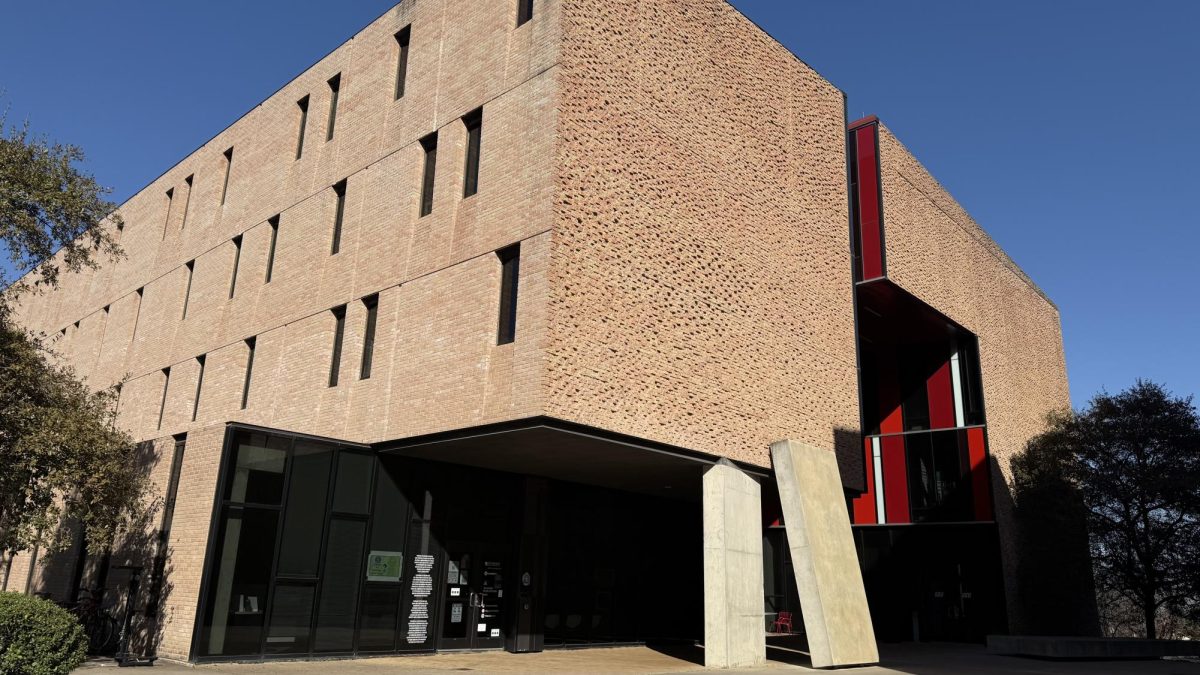Navigating politics seems to get more and more complicated every month. Military conflicts rage on, and the internal dynamics of the United States government continue to make salacious headlines. As we near the presidential election in November, it is necessary to not lose sight of the importance of each state election in both determining the general election and our state offices.
The Texas Primary is set to begin early voting on Feb. 20, which sets the stage for election season for the state and the country as a whole. Within the primaries there is a broad sweep of candidates and roles being elected. I am providing the following list to demystify and give my opinions on who and what is on the ballot.
The Presidential nominees
Arguably the most talked about aspect of the primaries is the Republican and Democratic primaries. This part of the primary is meant to help the two major parties decide their candidate for the Presidential elections in November.
Although eight candidates participated in the first Grand Old Party (GOP), or Republican, debate, it has all but dwindled down to two candidates vying for the nomination – former president Donald Trump and former United Nations ambassador Nikki Haley. On the ballot there will be many candidates listed, though many have received little attention from the national Republican Party in terms of promotion.
For most of the election season, the pressure has been on other candidates to try and snatch the potential GOP nomination from Trump. Due to his level of notoriety as a former president and popular appeal, Trump carries approximately a 30% rate of likely Republican votes going into the primary.
Comparatively, Haley does not have much public support, but she has more institutional recognition from moderate Republican backers like the Koch brothers. Still, I find it unlikely that Haley will gain the nomination after the primaries are over. The momentum that Trump has even after his indictment is too monumental for any potential challenger.
A similar situation has developed with the Democratic nominees as well. The usual process in politics for the party of the incumbent president is usually to select them to be the nominee. By riding on potentially good approval ratings, they hope to ensure that their party will remain in power for another term.
However, Biden’s third-year approval rates reached a new low of 39%, according to a 2024 Gallup poll. Still, Biden’s road to the Democratic nomination is almost untested. No other nominee has appeared to seriously challenge his trajectory.
Based on the current approval ratings of both Biden and Trump, we are most likely to see a repetition of the Presidential election in 2020. But this could still change after the upcoming Texas primary and other caucuses happening across the country.
Texas State Office nominees
In addition to the primaries occurring for the presidential election, there are several other concurrent primaries for U.S. Sen. Ted Cruz’s position as well as 15 state senator positions. Several Democratic party members are vying to challenge Cruz in November, with U.S. Rep. Colin Allred holding the lead against other Democratic candidates.
Allred is a congressman from Dallas, Texas known for his professional football career with the Tennessee Titans. After his career in the NFL, Allred came back to northeast Dallas to represent the 32nd Congressional District. As a representative, Allred has primarily aligned with the Biden administration and shares many of the same political views of his Democratic contemporaries. He is pro gun-control, immigration reform and pro-choice.
Although Allred has the lead amongst the Democratic candidates, he still trails behind Cruz by 10%, according to a poll done by the University of Houston. Cruz has the benefit of a strong GOP base and incumbency.
It is common conjecture that Texas will eventually become purple and then blue, but we are still far from that reality. For most of the state, the only reality is voting red. I do feel the need to point out that Texas becoming a blue state does not guarantee a more efficient and healthy society.





















